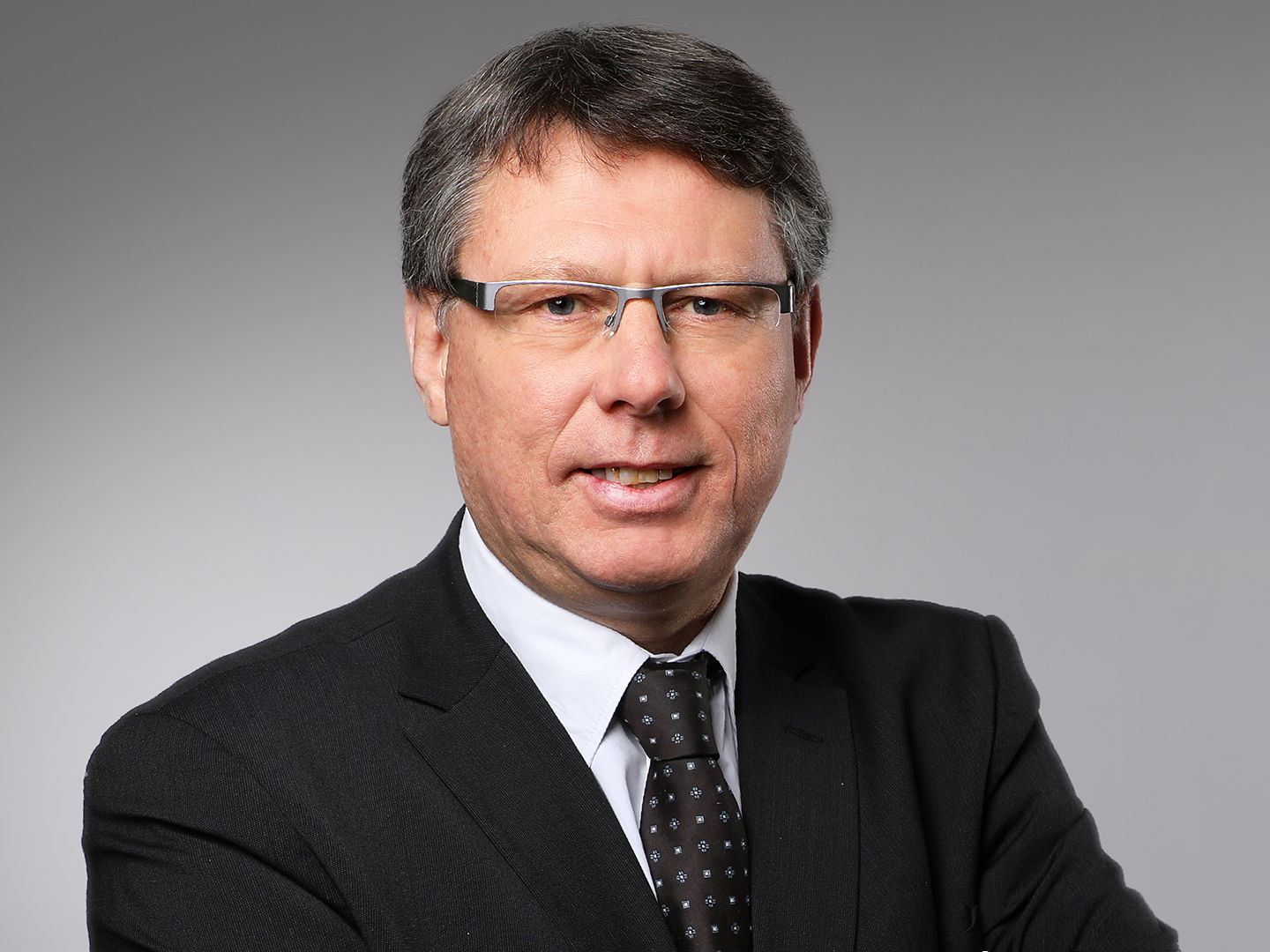... Prof. Dr.-Ing. Görge Deerberg, Overall coordination Carbon2Chem® | Focus on applied research
Interview of 30.09.2020
What has been achieved so far in the joint project Carbon2Chem®?
Görge Deerberg: We have been able to demonstrate that a cross-industry network, such as we want to realize in Carbon2Chem®, represents a gain for the environment and people in the area of sustainability and can be within reach from an economic perspective. This can also go hand in hand with securing jobs. Many scientific questions could be clarified, so that no technical "show stoppers" for a large-scale implementation are foreseeable, and the components appear feasible in the envisaged network.
An interdisciplinary team of partners from business and science has formed, which is working together on the challenges in a very goal-oriented way. The project's own Carbon2Chem® laboratory with a total of 500 square meters has been built on the Fraunhofer UMSICHT campus, which is open to all project partners and where experimental investigations are carried out in close cooperation with the technical shop at the Duisburg steel mill.
What were the highlights?
Görge Deerberg: The first four years of the project produced a great deal of scientific knowledge. But one of my personal highlights was the moment when the methanol plant produced the first methanol in June 2019. This is a plant that already contains the essential components on a scale that is already close to technical implementation. In the course of the second phase of the project, the plant will move to the site of the technical shop at the steel mill in Duisburg to investigate the scalability work in long-term trials with real gas.
I was also very impressed by the first validated overall system simulations, which were used to show, based on different methods, that the co-simulation system created was working successfully and that the results generated in different ways showed the same results in terms of economy and CO2 savings.
The publication of our topic booklet in Chemical Engineering Technology with many interim results from all subprojects and the official inauguration of the Carbon2Chem® laboratory in March 2019 were further highlights, where above all the whole Carbon2Chem® team was able to show the joint progress.
What were the biggest challenges?
Görge Deerberg: One of the biggest challenges was certainly the transfer and integration of the technologies developed in parallel in the subprojects into a functioning overall system. For this purpose, we at Fraunhofer UMSICHT provided preliminary studies and simulations for system integration as well as evaluation and support in the selection of the individual technologies. Harmonizing and ensuring the consistency of the partial information from the various sources, some of which are non-public sources for compliance reasons, was one of the challenges that could be successfully met together.
In the end, this provided decision support for the technical and economic optimization of the cross-industry network under changing internal and external influencing variables.
Which next steps are planned?
Görge Deerberg: In the second project phase, the focus will be even more on the transfer to industrial practice. Therefore, it will now be a matter of scaling up the knowledge and fundamentals gained in the first project phase from laboratory to pilot plant scale. In long-term trials, process steps that have been successful so far will be further adapted to the specific conditions of steel mill gases and validated. To this end, there will be an interplay between the technical shop, laboratory and simulation, so that new challenges can be specifically addressed.
The technologies and system approaches developed will now be transferred to other CO2-intensive industries, as they can also contribute to the reduction of unavoidable emissions. The aim here is now to make the sub-processes more flexible so that they can be applied to different gas flows, such as those from cement plants or plants for thermal utilization. We are therefore particularly pleased that we have found new partners in Lhoist Germany Rheinkalk GmbH and the Remondis Group, who will work with us to achieve this goal.
 Fraunhofer Institute for Environmental, Safety and Energy Technology UMSICHT
Fraunhofer Institute for Environmental, Safety and Energy Technology UMSICHT